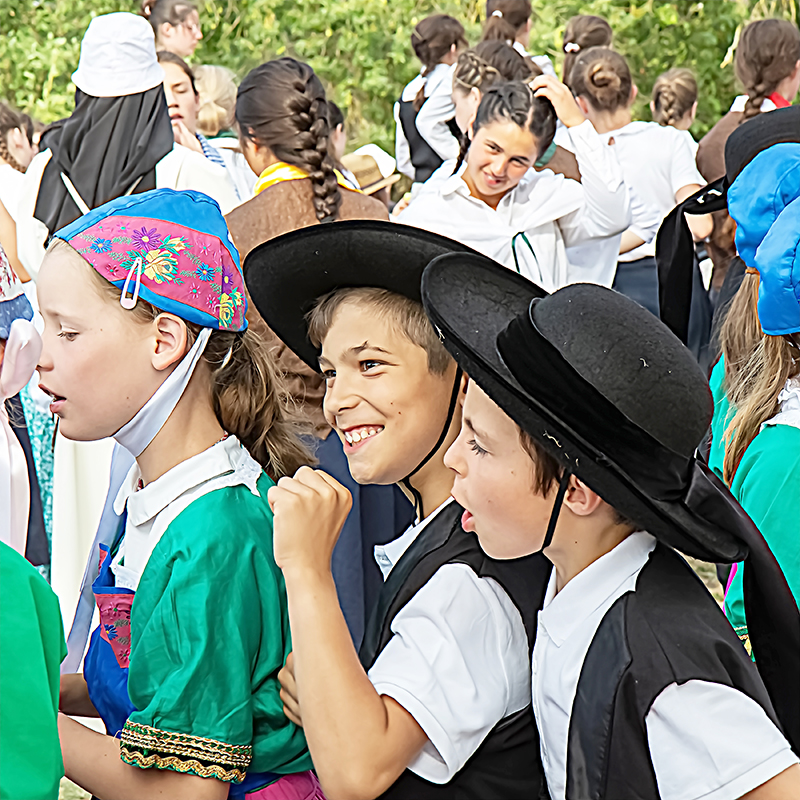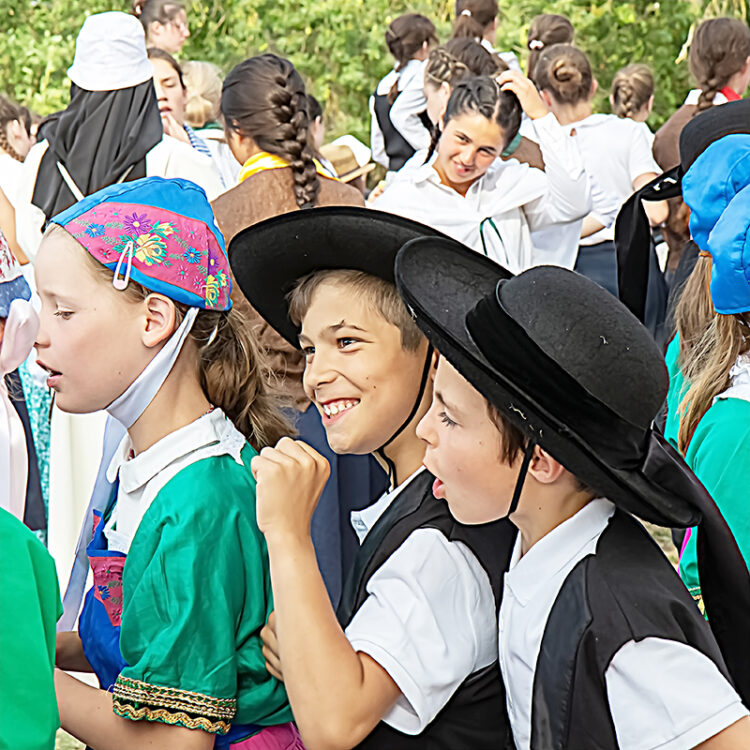(Ephesians 5:8)
Parents, leaders, and educators, we have a mission, a duty to lead children's souls toward the Light which will be their guide and their happiness. In order to illuminate the way that lies before each one of us, once a week we invite you to discover some of the words of certain wisemen and witnesses, measuring their worth by the words of St. Thomas Aquinas: “Do not consider the one who speaks, but whatever good you hear from him, confide it to your memory.” (from The Sixteen Ways to Acquire the Treasure of Knowledge by St. Thomas). Happy reading!

I have always valued knowledge… For all intents and purposes, knowledge and education are great things. Loving good books gave me life. The earth, however fertile it may be, produces only thorns and brambles when it is not worked. So it is with the human mind.
Saint Teresa of Avila (1515-1582)
Carmelite
“When speaking of her in Spain, it is enough to say “the Saint.” At first glance, Teresa “the Great” seems very far removed from us, from another time, another universe, made of another stuff. The century that gave birth to Teresa is the Iberian “great century,” the 16th century. Teresa of Avila measured up to this sumptuous historical framework: in the domain of spirituality, she is comparable to the great geniuses of the Renaissance, and she had a strong and virile courage that went beyond her feminine nature. Certain lines from her first biographer, the Jesuit Ribera, present her at her full stature: “She had a greatness of heart, a magnanimity, which gave her tremendous confidence in undertaking and succeeding in great and extraordinary things; she even took great pleasure and enjoyment in them, for easy,ordinary things did not give her the same satisfaction.” Judge for yourselves! At the age when little girls play with dolls at their mother’s feet, she tried to run away from her father’s house to find martyrdom. As a teenager, she had all the talents under the sun, and, in addition, the gift of pleasing others. Clever at chess, bold on horseback, she embroidered to perfection and, above all, carved out a large kingdom for herself in the realm of dreams. A great reader of novels, she did not hesitate to take up the pen herself to tell the story of the Knight of Avila. At Carmel, Teresa of Jesus could no longer live as a mediocre person: once the hesitations and fumblings of her early religious years were over, she was then busy reforming and founding monasteries. She traveled the roads of Spain in heavy wagons, was admired, venerated, criticized or persecuted, yet she was always great and never dominated by her destiny: “to die, yes; to be defeated, never.” She wrote to King Philip II, and dealt openly with the great and the good of this world, as if she were one of them. She even sometimes succeeded in winning the most authoritative archbishops to her side. “Daughter of the Church,” Teresa of Avila expanded her soul to the dimensions of Christianity: she physically felt the heartbreak of the Reformation, the distress of souls sitting in the shadow of death… But this unique task, this particular calling by God, she could accomplish only by steeping her soul in the universal and the timeless, by discovering a vast interior universe at a moment when the men of her time were discovering the map of the globe. Her death was as grand as her life. With a face calm but so luminous that “it resembled a flaming sun,” Teresa murmured: “It is time to see each other, my Beloved, my Lord,” and hastened towards the meeting.”
R. P. François de Sainte Marie O. C. D. (1910-1961)
Order of Discalced Carmelites
In the same category « Teaching », also read :

